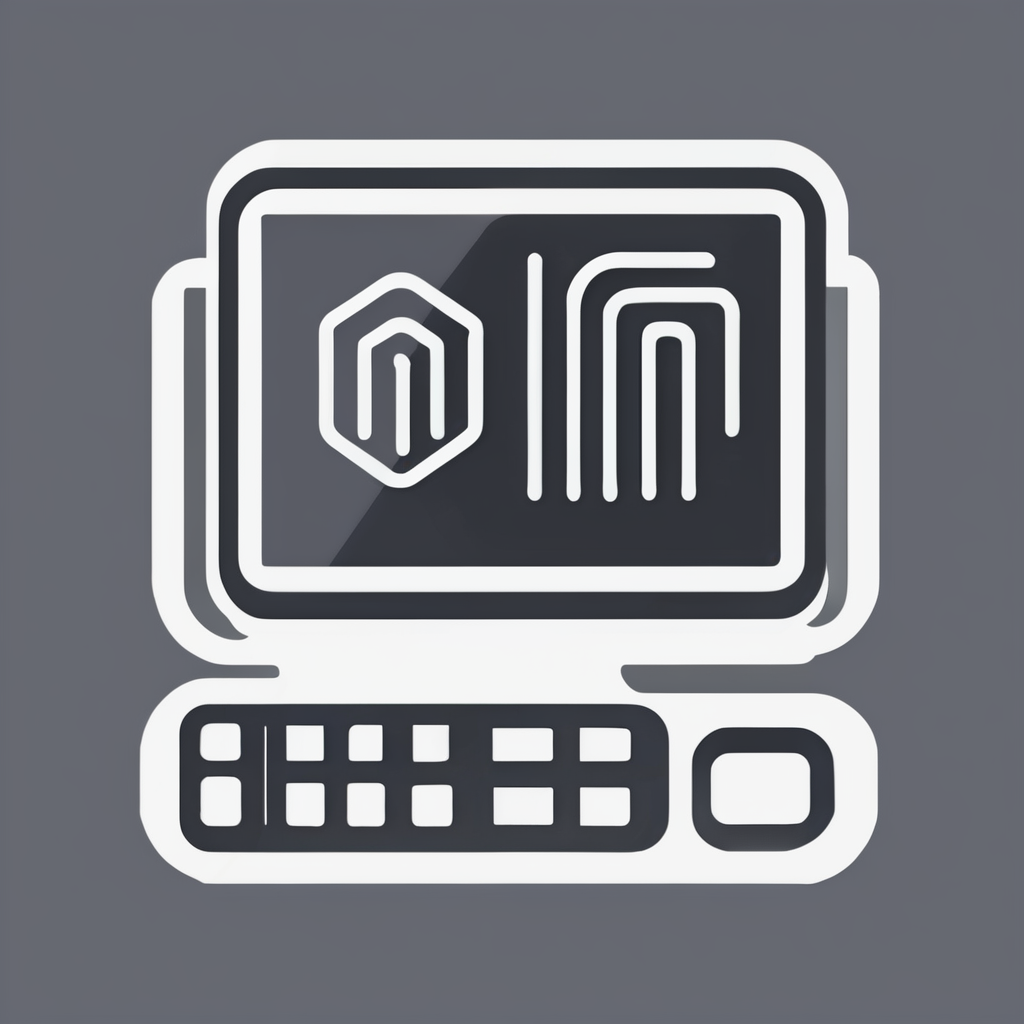Impact of Computing Innovations on Modern UK Marketing Strategies
Computing innovations in UK marketing have reshaped how brands connect with consumers. Advanced AI tools and automation streamline campaign development, allowing marketers to analyze vast datasets quickly. This results in tailored content that resonates with target audiences, significantly enhancing personalisation and engagement.
Digital transformation in UK marketing means traditional approaches no longer suffice. Technology enables real-time consumer insights, improving decision-making accuracy and campaign effectiveness. For example, data analytics reveal customer preferences, allowing marketers to adjust strategies dynamically.
Also to read : What are the top computing tools for enhancing UK marketing efforts?
The impact of technology on UK marketers is evident in communication channels. Social media platforms and AI-driven chatbots facilitate direct, interactive engagement, fostering stronger relationships with consumers. These platforms also broaden marketing reach, enabling campaigns to target specific demographics more precisely.
Moreover, automation reduces manual tasks, freeing marketers to focus on creative strategy. This efficiency translates into quicker campaign rollouts and a more agile response to market trends. Overall, computing innovations empower UK marketers to craft more impactful, personalised, and scalable marketing strategies that meet evolving consumer demands.
Additional reading : How can UK marketers effectively use chatbots to engage customers?
Key Technologies Shaping UK Marketing Today
Artificial intelligence (AI marketing UK) is transforming how campaigns are optimised in the UK marketing landscape. By leveraging machine learning algorithms, marketers can predict customer behaviour with impressive accuracy. This capability enhances targeting precision, resulting in more personalized and effective campaigns.
Data analytics in UK advertising plays a crucial role in providing deeper audience insights. Marketers now access vast amounts of data, analysing patterns that reveal consumer preferences and trends. These insights inform strategic decisions, from content creation to channel selection, boosting campaign performance and return on investment.
UK marketing automation tools have also evolved significantly, supporting seamless multichannel marketing efforts. Automation platforms enable businesses to schedule content, segment audiences, and measure outcomes without manual effort. This integration not only increases efficiency but also helps maintain consistent messaging across diverse platforms, which is essential to engage today’s fragmented audiences effectively.
Together, AI marketing UK, data analytics, and automation tools form the backbone of modern marketing strategies. They empower marketers to operate with agility, precision, and insight, driving growth and competitive advantage in a rapidly changing marketplace. This triad is increasingly indispensable for success in the UK’s dynamic advertising environment.
UK-Specific Trends Driving Computing Innovation Adoption
Understanding technology adoption UK reveals that businesses across sectors are accelerating their digital transformation efforts. In the UK, UK marketing trends show a strong shift toward integrating advanced computing innovations to drive growth and efficiency. Several industries lead this charge, particularly retail, finance, and media, which continuously seek cutting-edge solutions to optimise customer engagement and operational workflows.
Retailers are adopting AI-powered analytics and personalized marketing tools to tailor experiences, while financial firms leverage cloud computing and blockchain for security and transparency. The media sector employs sophisticated data-driven marketing strategies to capture ever-changing audience preferences more effectively. These examples showcase how UK companies prioritize innovation to remain competitive globally.
At the policy level, digital marketing UK statistics underscore a growing emphasis on data privacy and stricter regulatory frameworks, such as GDPR, that significantly influence technology adoption rates. Businesses must navigate these regulations carefully to ensure compliance while still extracting value from innovative tools. This regulatory environment encourages a responsible, ethical approach to adopting new technologies in marketing.
By balancing innovation with regulation, UK businesses demonstrate a proactive attitude in embracing computing advancements tailored to their market context.
Case Studies of Computing Innovations in Action
Exploring UK digital marketing case studies reveals how leading brands harness computing innovations to boost performance. One standout example involves a retail company that deployed AI-driven customer segmentation, enabling highly personalized campaigns. This approach led to a 25% increase in engagement and a significant improvement in conversion rates.
In another case, a financial services firm implemented machine learning algorithms to optimize ad spend in real time. The outcome was a sharper ROI and reduced customer acquisition costs. These successful AI campaigns UK prove that integrating advanced analytics into decision-making can transform marketing efforts.
Beyond immediate results, these computing innovation examples UK reveal valuable lessons. Brands learned to pivot quickly as consumer behaviour evolved post-pandemic, emphasizing the importance of flexibility in algorithm design and data interpretation. Multiple case studies indicate that ongoing adaptation, rather than static strategy, is key to sustained success.
By studying these cases, marketers can better understand how to apply similar techniques effectively. Personalization, AI-driven optimization, and agile response to data are central themes, demonstrating the practical benefits of computing innovations in the UK digital marketing landscape.
Actionable Insights for Implementing Computing Innovations in UK Marketing
Integrating innovative marketing strategies in the UK requires a clear, structured approach. Start by developing a marketing technology roadmap UK that aligns technological adoption with business goals. This roadmap should outline phases for implementing tools such as automation, AI-powered analytics, and customer data platforms. Prioritizing technologies that offer measurable ROI helps maintain focus and budget control.
One common challenge is seamless integration with existing systems. To tackle this, conduct thorough compatibility assessments beforehand and invest in scalable platforms that support interoperability. Training is equally crucial. Equip marketing teams with tailored learning sessions focused on new digital transformation best practices UK to ensure technology adoption is confident and effective.
Managing change smoothly also protects productivity. Encourage open communication and involve team members early in the transition process to reduce resistance. Monitoring progress through KPIs tied to the marketing technology roadmap UK ensures continuous improvement and agility.
By harmonizing these steps—strategic planning, comprehensive training, and proactive change management—UK marketers can build resilient strategies that incorporate emerging computing trends. This future-proof approach positions businesses to respond swiftly to evolving customer behaviors and technological advancements.


